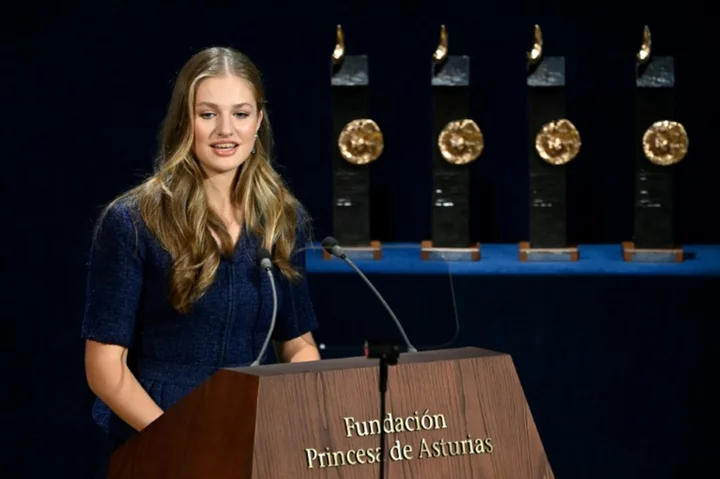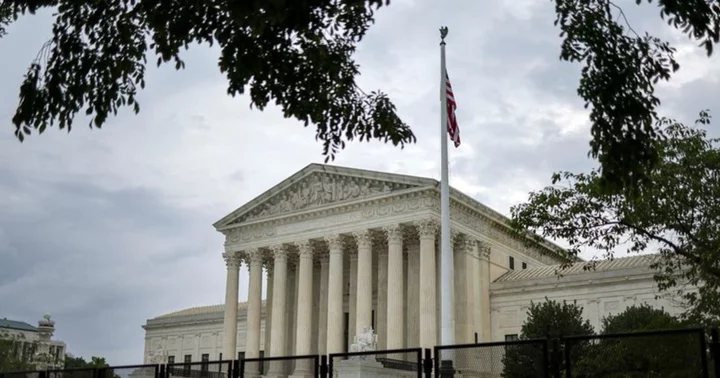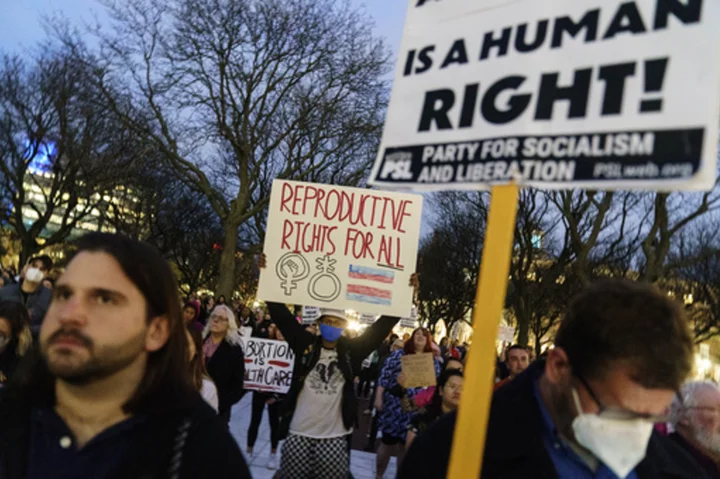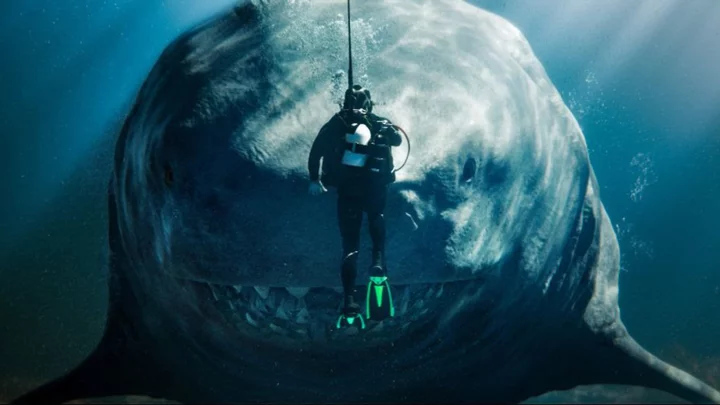Princess Leonor, heir to the Spanish crown, will swear loyalty to the constitution Tuesday on her 18th birthday, a milestone that will help turn the page on the scandal-tainted reign of her grandfather, Juan Carlos.
Madrid city hall will set up giant screens in the central Puerta del Sol square for the public to watch the ceremony, held during a special session of parliament, and will decorate the streets with images of the queen-in-waiting.
After taking the oath, Princess Leonor can legally succeed her father, King Felipe VI, and automatically becomes head of state in the event of the monarch's absence.
"I very well understand and am aware of what my duty is and what my responsibilities entail," she said earlier this month during a ceremony awarding the prestigious Princess of Asturias awards, named after her official title as heiress to the throne.
Her grandfather Juan Carlos took the oath in 1969 when dictator General Francisco Franco named him as his successor, and her father Felipe followed in 1986.
Juan Carlos came to the throne in 1975 after Franco's death and was widely respected for his role in helping guide Spain from dictatorship to democracy.
But a steady flow of embarrassing media stories about his love life and personal wealth eroded his standing in his twilight years.
He abdicated in 2014, dogged by scandals and health problems, and in 2020 went into self-imposed exile in Abu Dhabi amid investigations into his financial affairs.
The probes have since been shelved as the activities fell outside of the statute of limitations, and because he would have had constitutional immunity as a monarch at the time.
- 'Leonormania' -
Jose Antonio Zarzalejos, former editor of the royalist daily newspaper ABC and author of a book about King Felipe, said Juan Carlos was "an exceptional king, a foundational king".
"He ended up badly due to two drives: sex and money," Zarzalejos told AFP.
"His son restored the reputation of the monarchy and his granddaughter will give it continuity."
Felipe has worked hard to distance himself from his scandal-ridden father by renouncing his inheritance and has introduced a "code of conduct" for members of the royal family.
Juan Carlos will not attend Tuesday's ceremony in parliament.
But according to the Spanish press, he is expected to attend a private party at the El Pardo palace near Madrid after the event, the first formal royal family gathering he will attend since going into exile.
Unlike her grandfather, Leonor has managed to win popular affection even among leftist figures not predisposed to the monarchy.
The latest edition of celebrity magazine Lecturas dedicated its front page to the rise of "Leonormania" as the princess gathers fans.
But not everyone is as enthusiastic.
A manifesto read Saturday in Madrid at a gathering of republicans -- who want to abolish the monarchy -- rejected Leonor's oath ceremony as "an act of affirmation" of an institution that is "historically corrupt and increasingly distant from citizens".
Catalan and Basque separatist parties, as well as the far-left, will boycott the ceremony.
- 'No baggage' -
Leonor speaks French, English and Catalan in addition to Spanish, and is learning a bit of Galician and Basque -- two regional languages spoken in Spain.
After finishing her International Baccalaureate at Atlantic College in Wales, the future commander-in-chief of Spain's armed forces in August began three years of military training at a military academy in the northeastern city of Zaragoza.
Like her father Felipe, she is expected to spend a year in each section of the armed forces, beginning with the army, before completing her university studies.
She has been given a greater profile in the lead up to her 18th birthday.
Wearing army dress uniform, Leonor officiated at Spain's national day ceremony earlier this month for the first time, alongside her parents.
The princess offers a "counter image" to that of her grandfather, said Zarzalejos.
"She has no baggage, no history, her story is a normal one, of family and studies," he added.
al/ds/chz/rox









